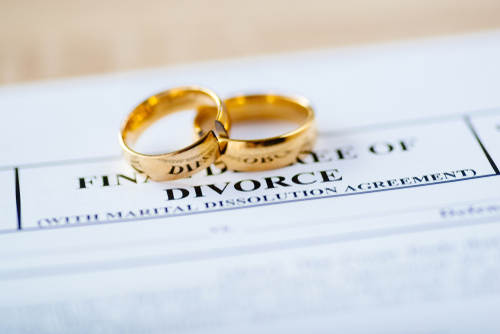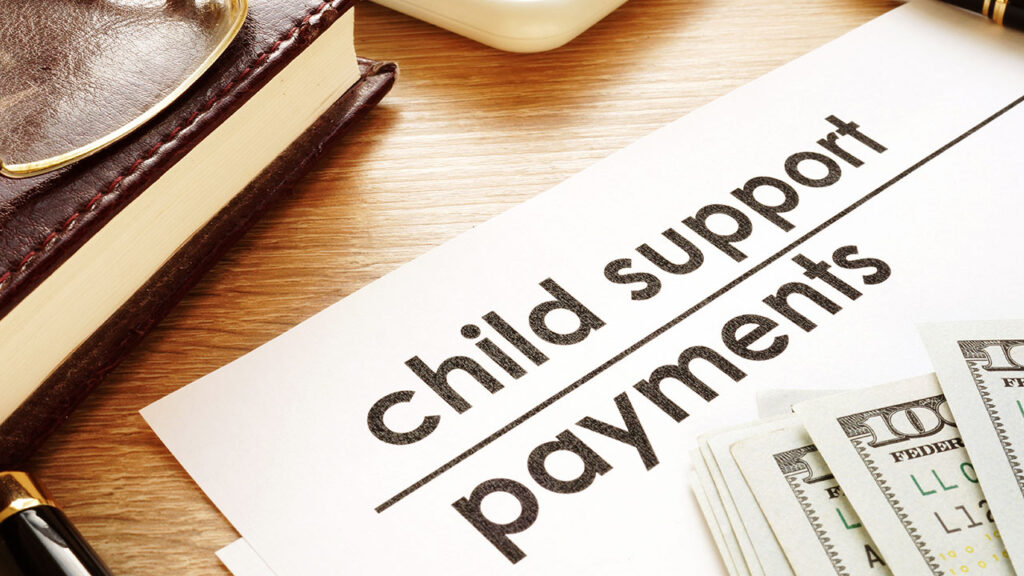Rice Law Firm closely follows the changes in Florida law, each year, on many legal matters, including marital and family law, as shown from our previous blogs. As an update on the issue of equitable distribution in a dissolution of marriage case in the state of Florida, both chambers of the Florida legislature, during the recent 2024 Florida legislative session, approved some important changes to Florida Statute 61.075, which is referred to as the equitable distribution provision.









